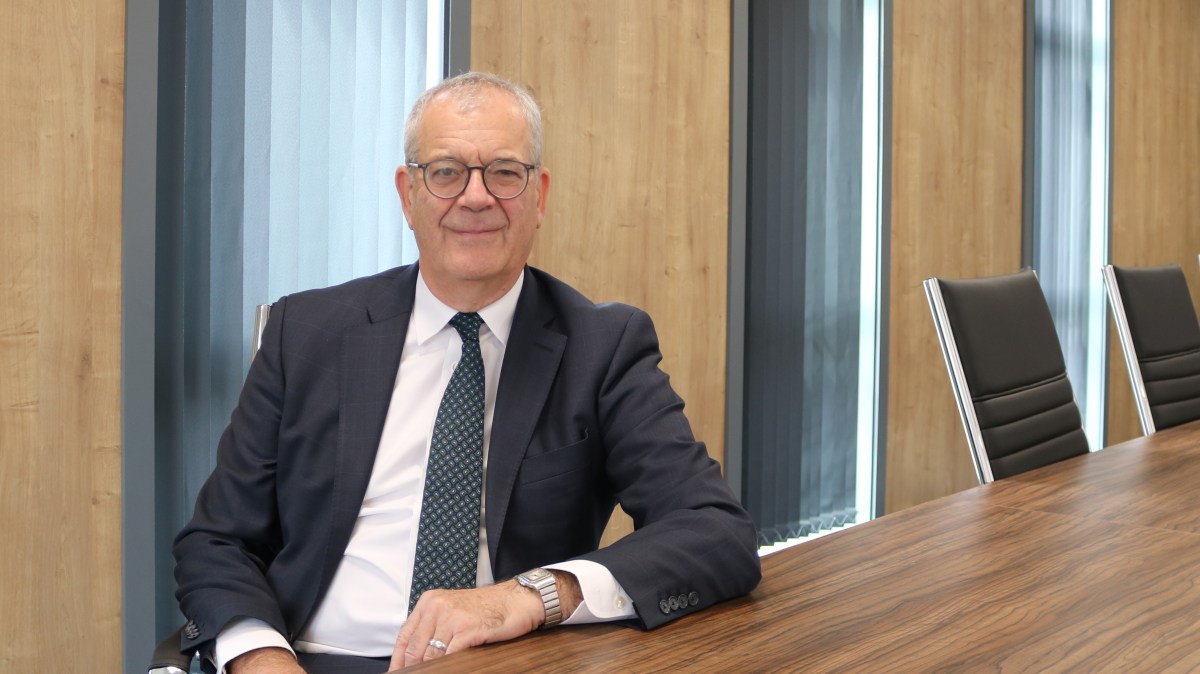A 90-year-old construction business is “looking over the cliff edge” due to planned changes to inheritance tax ahead of this week’s budget.
Like many family-owned businesses, Wernick Group, which manufactures portable cabins used for construction, schools and hospitals, was blindsided by the chancellor’s decision last autumn to introduce inheritance tax (IHT) on the sale of business assets from next April.
David Wernick, its executive chairman, said in response that he had redistributed his shareholdings among family members in an attempt to keep the company under family ownership and enable it to keep trading in its current form, but he remains worried that it will not be enough.
• Budget predictions 2025: what’s Rachel Reeves most likely to announced?
“We’re looking over the cliff edge, and we don’t seem to get through to the government,” Wernick said. “We’re putting various things in place to at least try and reduce the likelihood of the group having to be sold. It doesn’t mean it won’t be sold, it might not be affordable, but that’s what we’re trying to do, which was not something that we had to look at 12 months ago.”
Wernick, 68, previously held 97.5 per cent of the £213 million-turnover company’s shares, with his two sons owning the rest. He has now split 50 per cent of his shares between his two sons, making each of them a significant minority shareholder.
Barring any last-minute changes to the government’s plans, from April business owners will become liable to an effective 20 per cent inheritance tax on the transfer of business assets worth more than £1 million from one generation to the next.
Wernick said the rationale for the taxation was misplaced. “Private companies bring so much more to the economy than [public limited companies] and [venture capital firms]. We invest for the long term. We are much more pastoral in our approach to our employees. We are involved in local communities.”
• Inheritance tax to hit family firms for first time in decades
Talking to Times Entrepreneurs Network as part of this year’s Family Business Week, organised by Family Business UK, Wernick said paying inheritance tax would “absolutely decimate” the money the company has for investment.
“One has got to try and get a structure in place where over a period of time you can afford to pay the ‘death duties’. We deem it to be the lesser of two evils to try and save the company than to sell it to pay death duties.” The company made a pre-tax profit of over £35 million last year.
Wernick is the third generation of his family to run the group, which has its head office in Walsall. It was founded by his grandfather, Samuel Wernick, in 1934, who started by selling chickens to kosher butchers in the East End of London
To transport the birds from the West Midlands he constructed poultry crates and sheds, which eventually sold better than the chickens.
The business started manufacturing trailers and portable buildings in the 1940s. Wernick’s father and four uncles all became involved in the business through the 1940s and 1950s, each taking a 20 per cent share. As they retired, the shares were bought back by the company.
Wernick Group grew significantly when temporary buildings became more popular in the 1950s and 1960s, which coincided with the rise of the company’s main business rival, Portakabin, which also started as a family business and was sold in 2024 for £1.5 billion to Antin Infrastructure Partners, a French investor.
Wernick started working in the business from the age of 11, spending his weekends sorting bolts and rolls of fibreglass before working in the factory making the buildings when he was a bit older. He joined the sales division of the business in 1978 when he was 21 and was appointed to the company’s board in 1981.
He became joint chief executive in 1992 along with Ray Hunt until Hunt retired in 2001. Through the 1990s the group started to acquire other companies. It has since purchased 42 companies and operates across 44 sites in the UK.
Wernick has since become the group’s executive chairman and his son Jonathan Wernick has taken on the chief executive role, while Wernick’s other son Ben Wernick is managing director.

